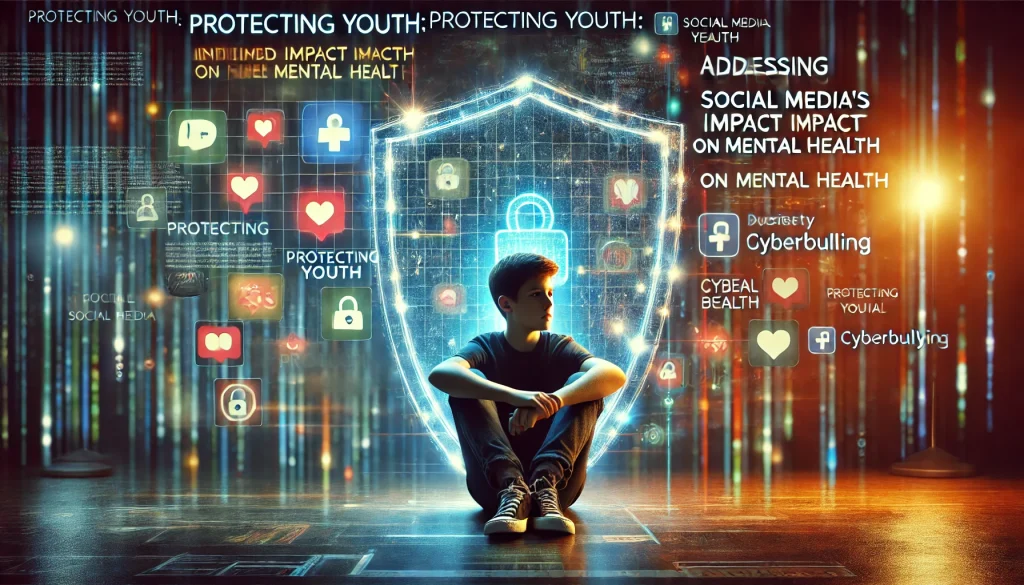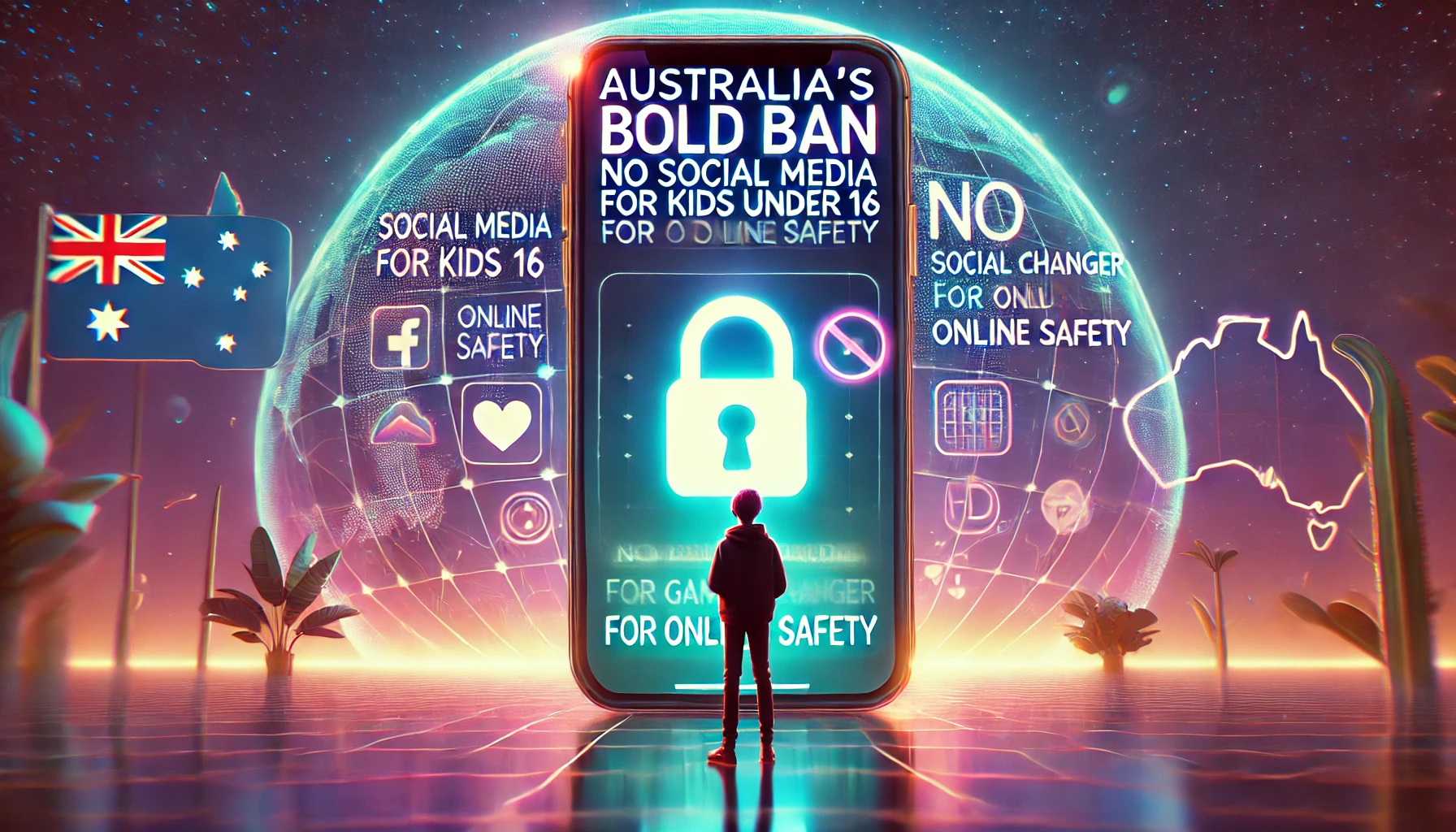
In an unprecedented move, Australia has become the first country to ban social media access for individuals under the age of 16. This groundbreaking legislation, passed by the Senate, is aimed at addressing growing concerns about the impact of social media on young people’s mental health and online safety. The law, which requires social media platforms to enforce strict age verification measures, has sparked a global conversation about the role of technology in the lives of the younger generation.
This decision comes in response to alarming studies showing the negative effects of excessive social media use among teenagers, including increased rates of anxiety, depression, and cyberbullying. Lawmakers argue that the new legislation is a necessary step to protect vulnerable youth from harmful online content and interactions.
While supporters praise the law for prioritizing the well-being of young Australians, critics have raised concerns about its practicality and potential consequences. Some worry about the effectiveness of age verification systems, while others point to the possibility of teens finding ways to bypass restrictions. There are also fears that the legislation could limit access to valuable online resources and platforms used for education and social connection.

This landmark move by Australia could set a precedent for other nations grappling with similar challenges. As debates unfold globally, the question remains: Is this the start of a new era in online regulation, or will it spark unintended consequences that outweigh its benefits? The world is watching as Australia navigates this bold and controversial path.






